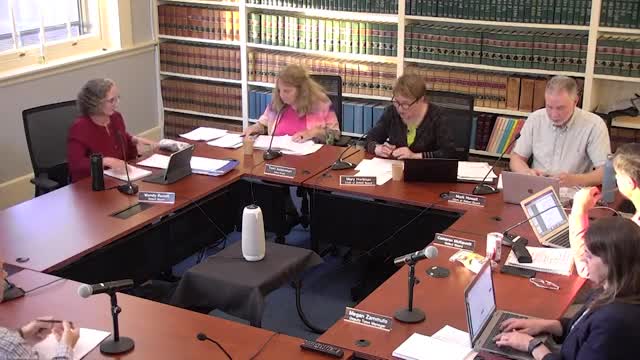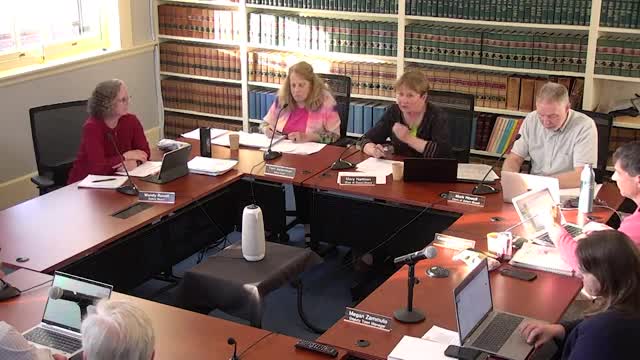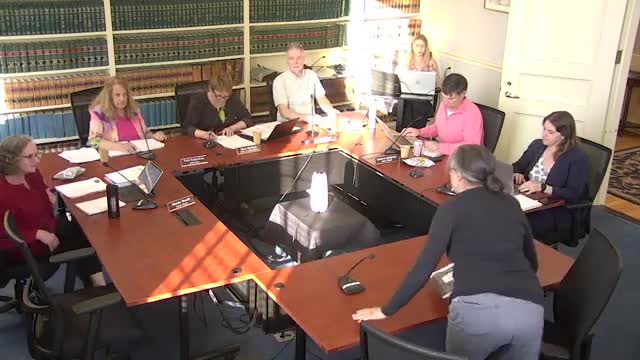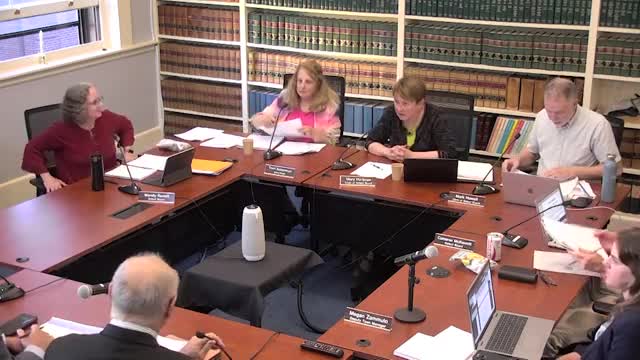Article not found
This article is no longer available. But don't worry—we've gathered other articles that discuss the same topic.

Select Board approves sending pilot request to large nonprofits, seeks targeted follow-up and edits

Finance committee and Select Board debate new reserves policy and proposed stabilization appropriations

Moderator proposes 30-minute default limit for Town Meeting articles; Select Board signals support

